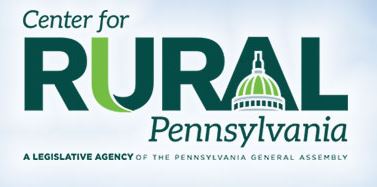What is the state of LGBTQ health?
The National Coalition for LGBTQ Health’s Inaugural State of LGBTQ Health National Survey™ assesses the healthcare landscape for LGBTQ patient populations. This survey covers intersectional topics in LGBTQ health including clinical/behavioral health, stigma, social justice, housing/homelessness, health disparities among communities of color, and COVID-19.
The insights you provide by completing this brief yet comprehensive survey will help inform ongoing advocacy, education, research, and training activities that support LGBTQ health care. Your input also will help determine the theme for the Coalition’s 20th Annual National LGBTQ Health Awareness Week to be held March 21-25, 2022.
Don’t miss this important opportunity to provide input on the state of the LGBTQ healthcare landscape. The deadline for participation is Friday, February 18, 2022.
The survey should take no more than 15 minutes to complete. All individual responses are kept confidential and data will only be reported in aggregate.
Thank you in advance for your participation as we all work together to advance LGBTQ health care!
Click here to take the survey.



 Kutztown University of Pennsylvania researchers Dr. Juliana Svistova, Dr. Ahyoung Lee, Dr. Christopher Harris, Dr. Juyoung Song, Jillian Horton, Barbe Fogarty, Julia Hansen, and Carlie Mills conducted the research, which assessed the demand for mental health services in rural Pennsylvania, with a focus on youth and the elderly.
Kutztown University of Pennsylvania researchers Dr. Juliana Svistova, Dr. Ahyoung Lee, Dr. Christopher Harris, Dr. Juyoung Song, Jillian Horton, Barbe Fogarty, Julia Hansen, and Carlie Mills conducted the research, which assessed the demand for mental health services in rural Pennsylvania, with a focus on youth and the elderly.